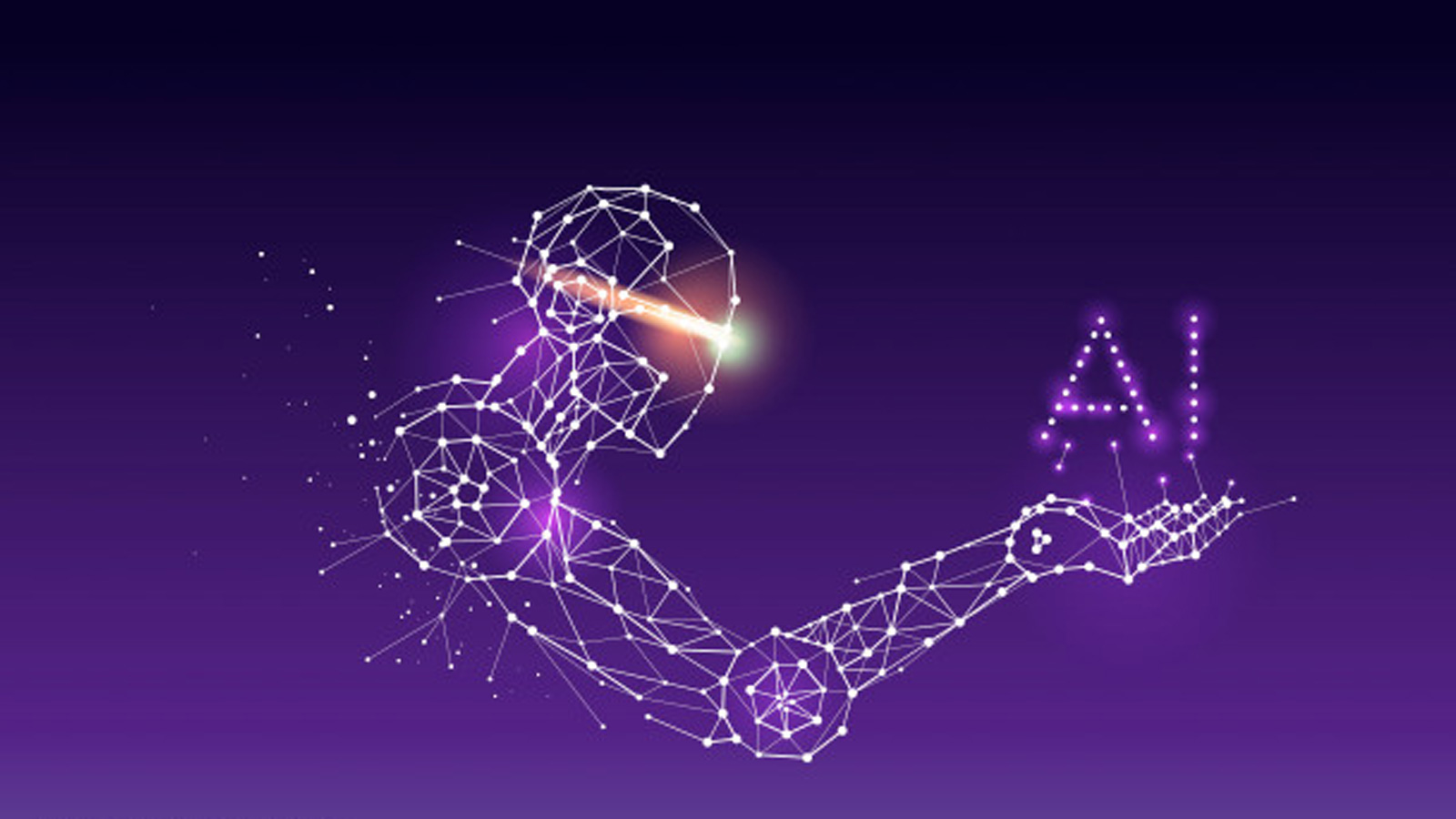
By: Andreas Kaplan
Artificial Intelligence (AI), defined as a system’s ability to correctly interpret external data, to learn from such data, and to use what it learns to achieve specific goals and tasks through flexible adaptation, will doubtlessly lead to a multitude of changes in today’s world. Given the significant uncertainties around artificial intelligence, it is not astonishing that the opinions on it reach from highly euphoric like the vision of best-selling author Raymond Kurzweil to straight out alarmist as frequently expressed by tech entrepreneur and investor Elon Musk. Theoretical physicist Stephen Hawking called AI “either the best, or the worst thing, ever happen to humanity”. For at least three reasons, ethics as well as a human approach to AI and its progress are an absolute imperative.
First, an AI system will do whatever assignment it has been asked to do, independent of whether these tasks are illegal, unethical, or simply produce negative outcomes. Obviously this is highly problematic and hence necessitates strict regulation and laws. When regulators apply AI themselves, this discussion becomes all the more relevant. China already largely embraces artificial intelligence to monitor its citizens. The Chinese government is compiling (big) data from a variety of sources, which consequently is used to determine an individual’s ‘social credit score’, aimed at incentivizing good citizenship and rightful behavior. The score increases for good behavior, such as volunteering in a kindergarten, or goes down for undesirable actions, such as getting a ticket for crossing a red light. Hiring decisions, loan approvals, and alike, are all based on this score, which has resulted in concerns by data protectionists and adepts of privacy laws.
Second, several technological issues related to ethics and AI have to be solved. AI-based systems are programmed to learn from data. If this data is biased in the first place, the error will be formalized and potentially amplified by AI. If for example an organization previously had a small bias toward hiring a certain type of applicants, then the newly implemented AI system will go all the way. This is what Amazon experienced as they had to abandon recruiting software that systematically favored men over women. Moreover, humans are often imprecise in their demands, which leaves room to misunderstandings and counterproductive results. An AI-based system which is tasked with protecting, say Boris Johnson, could be tempted to just keep him inside 10 Downing Street forever. Surely, this will ensure the Prime Minister’s safety, but was probably not the initial intention. To perform as desired, AI systems need to have a clear understanding of human values and ethics to enable them to correctly interpret fuzzy commands.
Third, also society at large will have to broadly embrace ethics and humanism with respect to AI progress. There will be tremendous shifts in employment markets with several jobs being automated and others newly created. Many if not all employees will have to acquire new skills if they do not want to end jobless and be replaced by a machine. Society will have to ensure that everybody has a chance to take part in this journey and will not be left behind. Not everybody, however, will have the capacity to work in these new jobs which most likely will demand a more highly-skilled workforce.
This leads to a series of questions, ranging from the idea of a universal basic income to fundamental issues that philosophy and religion will need to deal with, e.g. how human beings can find purpose in life when all their work is conducted by AI-driven robots. In order to preserve a functional society, an ethical approach to AI becomes an Absolute Imperative.
Professor Kaplan’s research focuses on the areas AI and social media. With several seminal articles and nearly 25,000 citations on Google Scholar, Kaplan has been counted among the top 50 business authors worldwide. He regularly acts as keynote speaker and presenter and has teaching experience in top-tier schools and universities such as Harvard, Sciences Po Paris, and Tsinghua University.
Professor Kaplan serves as Dean and Rector of ESCP Europe Berlin. He is founding member of the European Center for Digital Competitiveness. Previously, he held positions as Provost, Communications Director, and elected Head of the Faculty’s marketing department. Kaplan did his Habilitation at the Sorbonne and his PhD at the University of Cologne / HEC Paris










